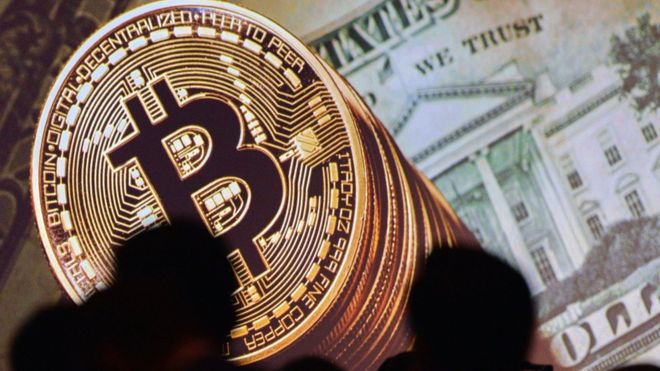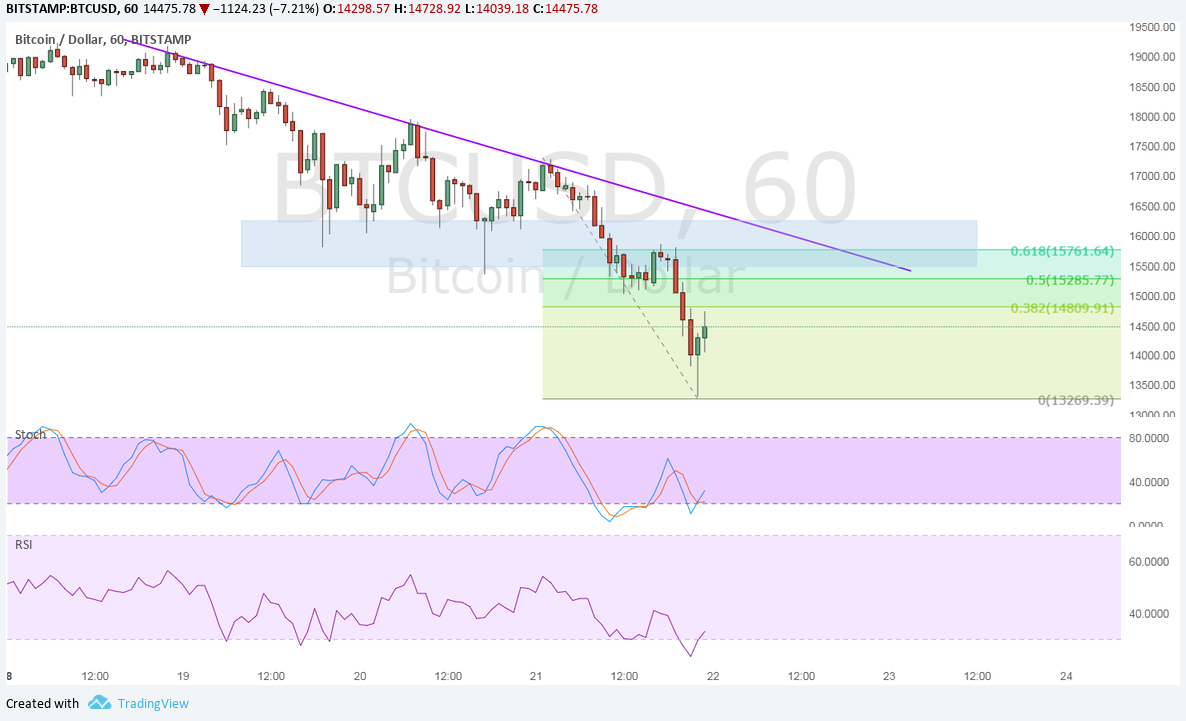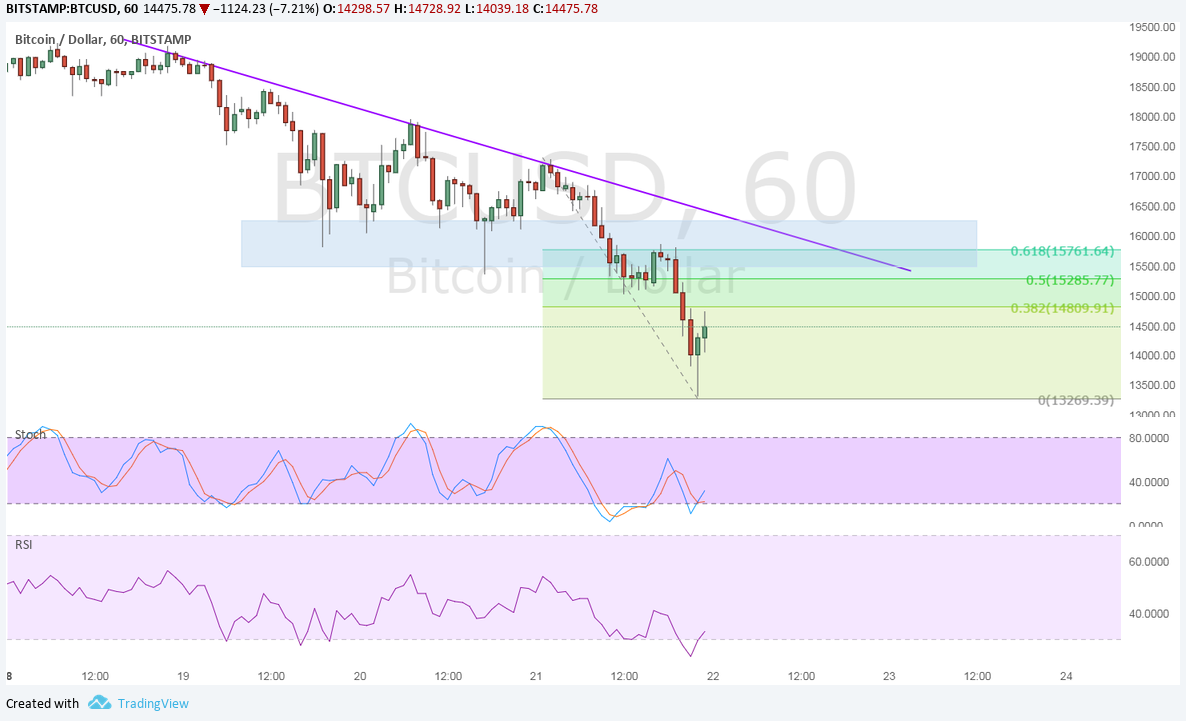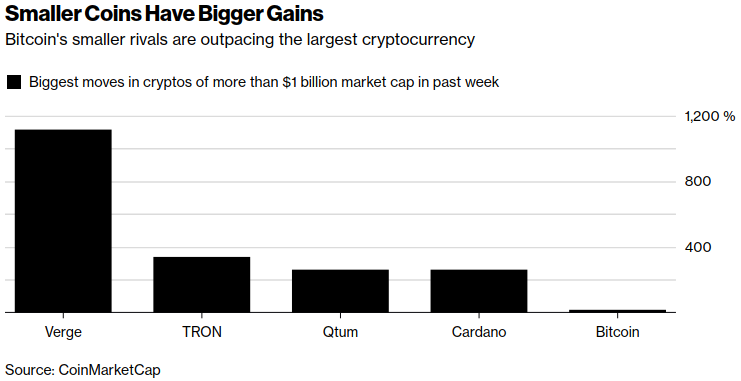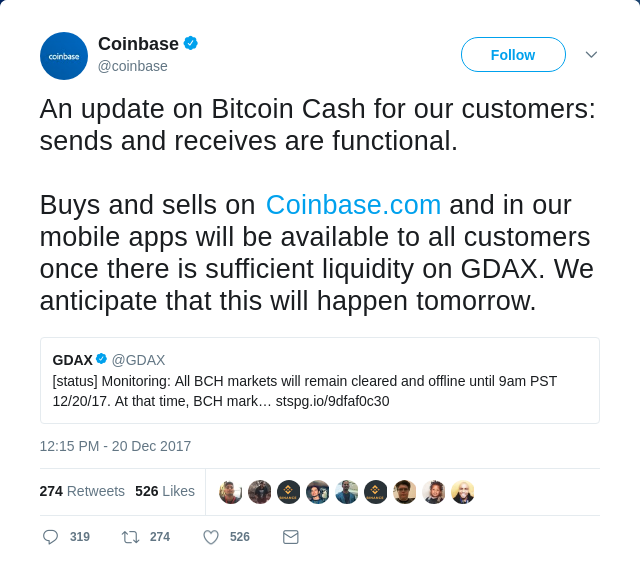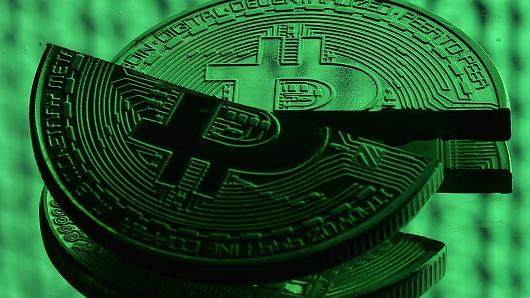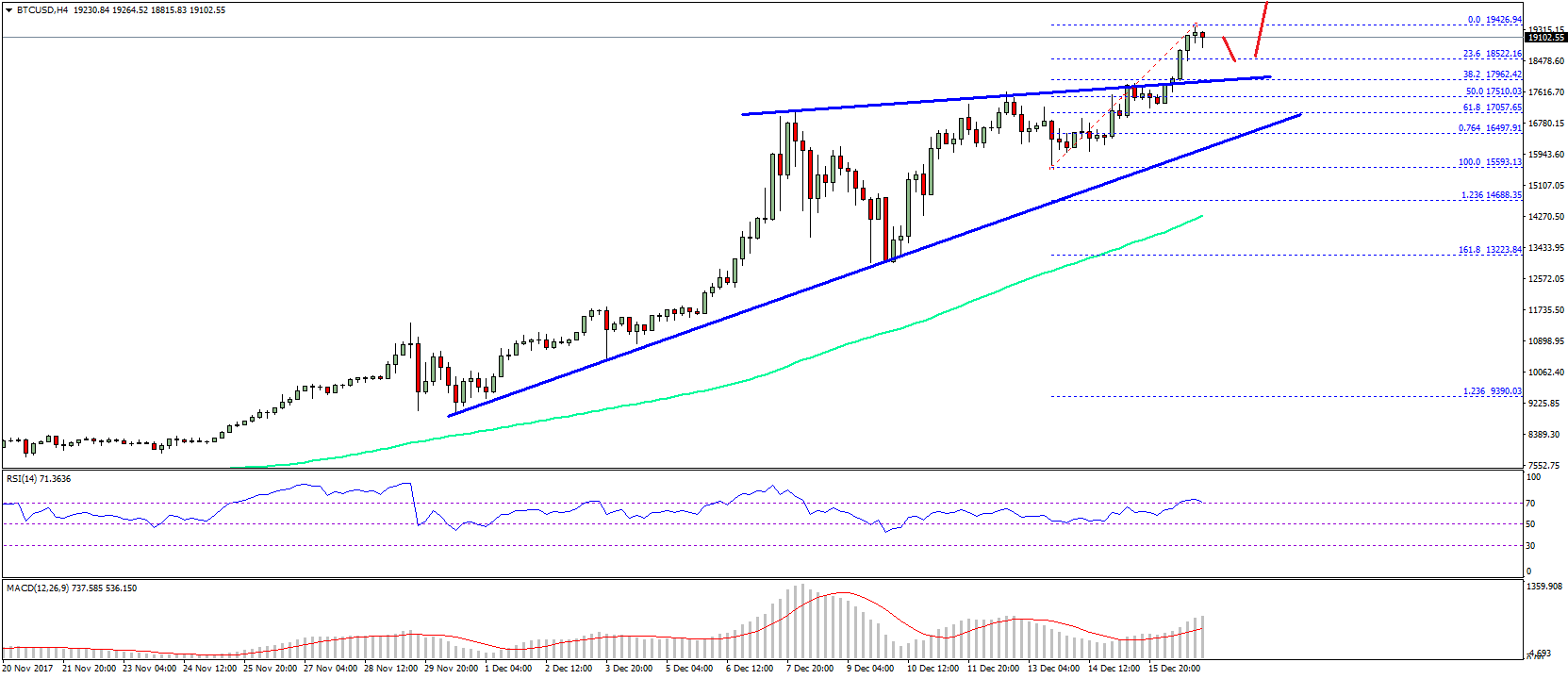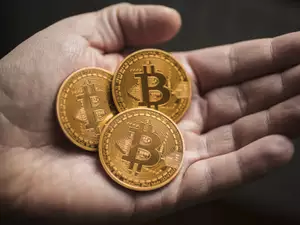
Winklevoss twins cut up their Bitcoin key and keep the pieces in different bank vaults across America to protect their $1.3billion digital fortune
-
Tyler and Cameron Winklevoss, 36, started buying up Bitcoin back in 2012
-
They used $11m to buy roughly 120,000 Bitcoins when they were less than $10
-
The funds for Bitcoin came from the $65 million settlement they reached with Facebook's Mark Zuckerberg
-
Twins have cut up the keys to their digital fortune and keep each piece in bank vaults across American to protect their billions
The Winklevoss twins say they have cut up the key to their $1.3 billion Bitcoin fortune and keep each piece in various bank vaults across America in an elaborate attempt protect their assets.
Tyler and Cameron Winklevoss, who are best known for suing Facebook's Mark Zuckerberg claiming he stole their idea for the social networking site, started buying up Bitcoin back in 2012.
They bought roughly 120,000 Bitcoins when they were less than $10 each using $11 million from the $65 million settlement they reached with Zuckerberg.

Tyler and Cameron Winklevoss, 36, say they have cut up the keys to their $1.3 billion Bitcoin fortune and keep each piece in differnet bank vaults across America
The two Harvard-educated were laughed at when they made the initial investment.
But they told the New York Times that they held onto their Bitcoins, and as a result have watched it soar in value recently.
'We've turned that laughter and ridicule into oxygen and wind at our back,' they said.
The twins say they aren't leaving anything to chance when it comes to protecting their digital fortune.
Given it is a digital currency, Bitcoin is kept in and address, or electronic 'wallet', that can only be accessed with the matching private key or password.
Anyone who can get access to that key can then take the Bitcoin.
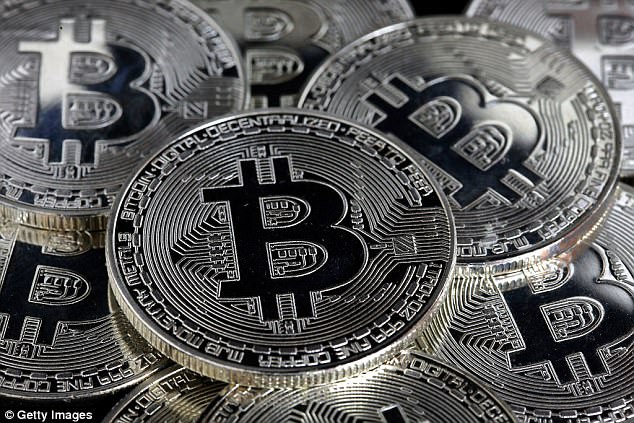
The twins bought roughly 120,000 Bitcoins when they were less than $10 each using $11 million from the $65 million settlement they reached with Zuckerberg
The Winklevosses came up with a their own system to protect their keys.
They printed off their keys and cut them up into pieces before storing them in envelopes in safe deposit boxes across the US. If anyone happens to steal one envelope, the person would not have access to the entire private key.
The twins did try to create an ETF or an Exchange Traded Fund for the cryptocurrency, which would have opened it up to institutional investing.
That didn't happen as the US Securities and Exchange Commission rejected the application, citing the possibility of fraud.
The twins, who also competed as rowers in 2008 Beijing Olympics, still don't get close to their arch-nemesis Zuckerberg's net worth of $70 billion.
The twins, who are best known for suing Facebook's Mark Zuckerberg claiming he stole their idea for the social networking site, started buying up Bitcoin back in 2012
WHAT IS BITCOIN?
Bitcoin is a virtual currency, the first of a new form of money held only online that can be used either to spend like ‘cash’ or as an investment a little like a commodity such as gold.
Bitcoin, like other similar electronic currencies that have followed (Ethereum, Litecoin, Zcash and Dash), are stored online in a ‘digital wallet’ and then spent on goods and services. Alternatively, you can exchange it for a traditional currency such as sterling. This can be done using a special pre-payment card that converts the cryptocurrency when a purchase is made.
HOW DOES IT WORK – AND HOW DO YOU BUY IT?
When Bitcoin was invented in 2009, it was aimed at techies who ‘mined’ for it using ‘Blockchain’ technology. Blockchain allows transactions to be managed cheaply, securely and anonymously in a kind of devolved online ledger with records of transactions held on thousands of computers.
To release coins a ‘miner’ had to verify each transaction by solving a complex maths problem. But today, the Bitcoin revolution has extended beyond the techies and miners. Cryptocurrencies can now be purchased from specialist exchanges such as Coinbase, Kraken, Bittylicious and Bitstamp.
You can usually pay for the currency by credit or debit card or bank transfer. Exchanges are likely to make a charge for each purchase of cryptocurrency. For example, Coinbase charges 3.99 per cent for card purchases.
Oliver Isaacs, a technology investor and expert in cryptocurrencies, says: ‘You can send a currency to another person’s digital wallet so a Christmas present could be on the cards.’
WHY HAS BITCOIN’S VALUE BOOMED?
The number of Bitcoins in circulation will never exceed 21 million. About 16 million have already been ‘mined’. The limit was set by a mysterious coding genius with the pseudonym Satoshi Nakamoto, the creator of Bitcoin. This aims to ensure it will always have scarcity value.
The recent price rise – a nine-fold leap since the beginning of this year alone to $11,000 (£8,000) at one point last week for a single Bitcoin – is partly due to growing interest from institutional investors and hedge funds.
But it is possible to purchase as little as a one hundred millionth of a Bitcoin (0.00000001 Bitcoin) – called a Satoshi.
WHERE AND HOW TO SPEND IT
A number of online and physical shops accept Bitcoin – from pubs and florists to holiday booking websites and charities.
Shoppers can pay online or use an app on their phone. They need to set up a virtual wallet first to store their coins. This acts like a bank account for receiving or using virtual currency – but without any consumer protection. To find shops accepting the currency visit wheretospendbitcoins.co.uk.
SHOULD YOU BUY? 'One year's winner can be next year's loser'
Warnings abound that investors’ heated love affair with Bitcoin can only end in tears.
The number of boasts of fortunes made from Bitcoin should ring alarm bells. Remember the rapid rise in share prices ahead of the bursting of the technology bubble in 2000?
Some experts warn of a 30 per cent ‘correction’ in the Bitcoin price as soon as January. Others believe governments will clamp down because the secretive nature of these currencies makes them popular with criminals and also because they might undermine international currencies.
Justin Urquhart Stewart, of wealth manager Seven Investment Management, says: ‘Bitcoin’s relentless march has the hallmarks of an investment trap. Investing in something just because it has gone up has never been sensible. One year’s winner can all too easily become next year’s loser.’
But he is attracted to the technology behind the currency. He adds: ‘Blockchain is more than a mechanism for moving money. It is about secure control of data and information. It could also be used in industries beyond financial services such as retail, healthcare and real estate.’
Patrick Connolly, of financial adviser Chase de Vere, is nervous of the hype over an investment that is neither regulated nor offers consumer protection.
He says: ‘We are not recommending any Bitcoin investments to our clients. Many people are investing without understanding the risks.’
Benjamin Dives of start-up London Block Exchange says: ‘If you are looking to invest you really need to do your homework.’
Author: Emily Crane For Dailymail.com 17:25, 24 December 2017 |
Posted by David Ogden Entrepreneur

Alan Zibluk – Markethive Founding Member




